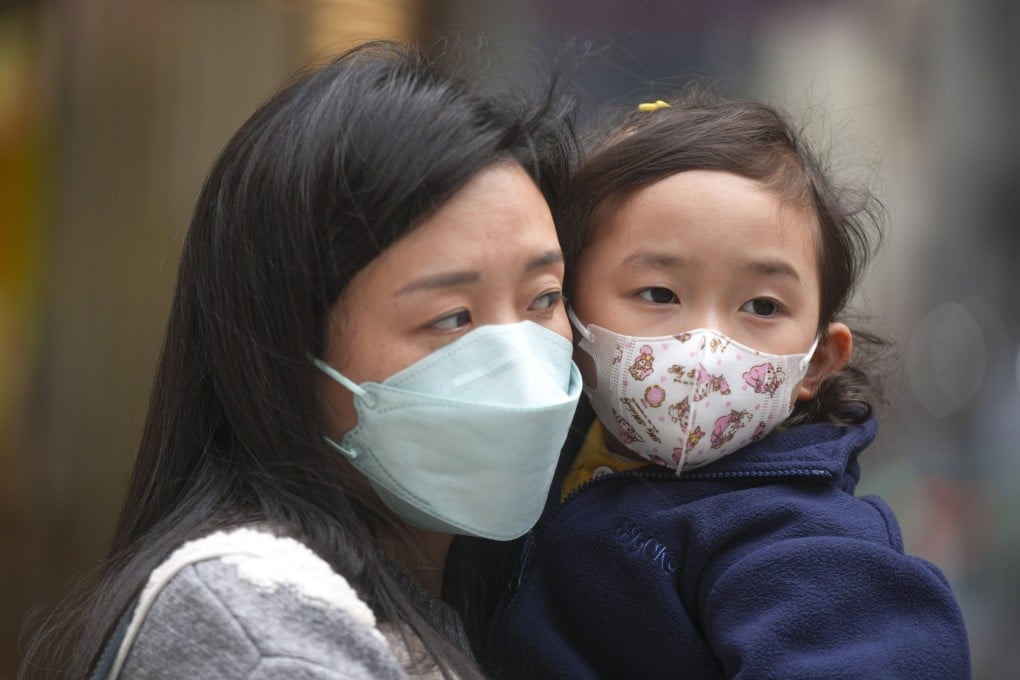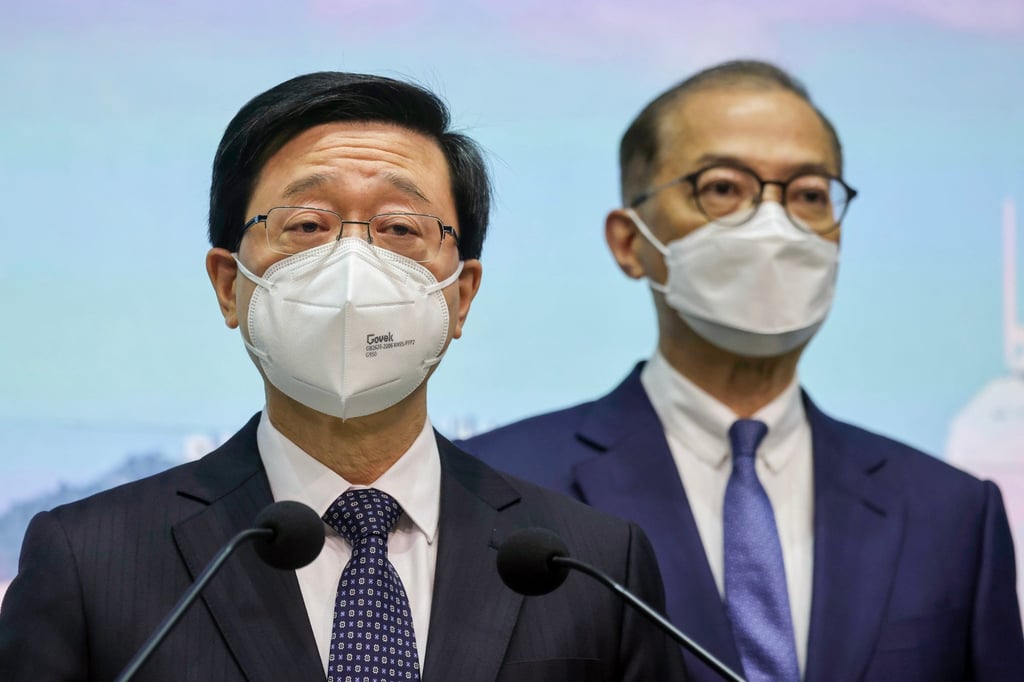Smiles in the street once again: Hong Kong scraps Covid mask rule after nearly 3 years
- From Wednesday, masks will not be required indoors or outdoors but must be worn at hospitals
- Students will be allowed to take off masks, but daily rapid test requirement to remain in place for some schools

Hongkongers and tourists can go mask-free from Wednesday as the city finally lifts its last major Covid-19 restriction after almost three years.
Speaking to the media before his weekly meeting with top advisers on Tuesday, Chief Executive John Lee Ka-chiu announced the city’s indoor and outdoor mask requirements, as well as on public transport, would be scrapped the following day, although anyone entering high-risk premises, such as hospitals, would still be required to wear face coverings.
The government also “strongly recommends” visitors to care homes for the elderly wear face coverings.
Lee repeatedly ducked questions about whether the policy shift was prompted by neighbouring Macau’s decision to lift its outdoor mask-wearing rules on Monday.
“It is because of the overall assessment of all the factors that have been taken into account … that I made the decision,” he said. “I have told people since almost two months ago that this is an issue that I will be actively monitoring to examine when would be an appropriate time to lift the masking requirement.”

Health experts also urged the public to wear masks when on public transport and visiting crowded indoor areas to prevent other respiratory infections.